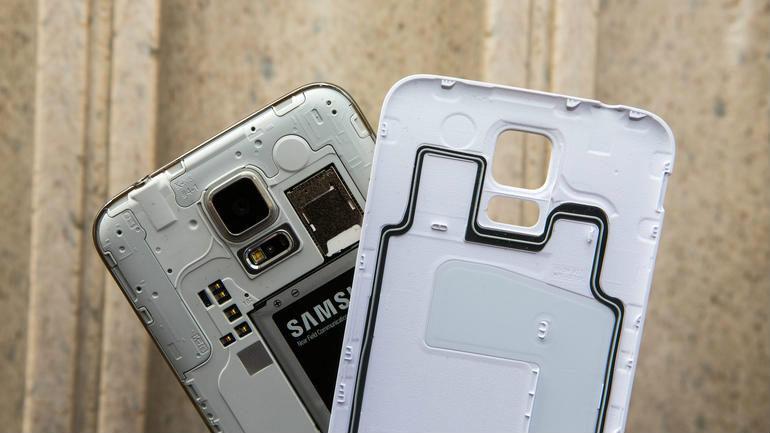
For most people, at least when it comes to what’s most important in a potential smartphone, the phrase “removable battery” probably isn’t one of the first things that comes to mind. Gone are the days when smartphones would have marital obligations to their chargers in order to make it last throughout the day, so it would seem like the necessity of a removable battery isn’t really all that necessary anymore, is it? From the get-go, that might be true; as long as the smartphone can manage to make it through a typical workday without issue, then the idea of a removable battery might seem like moot point.
The problem of a phone having a non-removable battery comes into play in the long run, and for some people, can be an issue from day one as well. It all depends on how you use the phone and how long you intend to keep your phone.
You see, the main purpose of having a removable battery in older smartphones was mostly because smartphones could last maybe 5-6 hours without running out of juice. Some companies would make it a point to try and get you to buy an extra battery so you can simply switch batteries when needed. Samsung had been pushing the idea of extra batteries since the days of the Samsung Instinct, where the phone actually came with a spare battery and a spare battery charger. That was a pretty ballin’ accessory, if I do say so myself. When Samsung started bringing in smartphones, extra batteries and battery-only chargers were accessories that were sold separately - but a popular accessory, nonetheless. HTC also sold extra batteries, and also extended batteries for people who just wanted to supersize their phone’s usage throughout a day on a single battery. The extended battery might have looked bizarre, but it worked, and it was a feasible option for users because you could remove and replace the battery.
Now most smartphones can last 10-12 hours on an average day. That’s great! You don’t really need to remove the battery anymore - so long as you don’t plan to do much gaming, video recording, streaming, or anything super intense. However, with graphic-intensive gaming on smartphones becoming more popular and cameras on smartphones getting better with (almost) every release, the advertised battery life on smartphones might not apply to you. Since many companies have decided to get rid of the option of removable batteries, you better invest in a second charger, because you just might need it.
While it might seem trivial to complain about having to carry around a second charger to make it through the day, it’s still a lot easier to have a spare battery on hand to pop into a phone and almost instantaneously go from nearly 0% to 100% compared to waiting anywhere from 30 minutes to a couple of hours for a charge cycle to complete.
Even if you don’t game or plan on taking tons of photos or videos with your phone, the lack of removable battery can still bite you in the butt if you plan on keeping your phone for a typical two-year contract or beyond. Inevitably, over time, batteries lose their ability to keep a charge for as long as it does when you get a new phone. By the time this happens your manufacturer’s warranty will be gone, and you probably won’t have a lot of alternative options other than trying to remove the back and switching the battery out yourself, if you can figure out how (there’s always a way) - it’s just a lot easier and a lot less risky if manufacturers would bring back the easy way of switching batteries out.
Having a removable battery also has its own merits even if you don’t game, take a lot of photos, or plan on keeping your phone for that long. If your phone starts to overheat, taking the battery out relieves that. If your phone freezes, you can do a reset by pushing down whatever button sequence your phone uses in order to do so, but it’s also nice to just be able to take the battery out and put it back in.
Really, bringing back removable batteries is more about there not really being any reason not to have it other than making things more difficult in the long run for the user. Maybe there aren’t a lot of reasons to have it, either, but I can think of more reasons why it’s beneficial rather than why it’s not. You have a little more control over certain aspects of your phone should they go wrong, and that in itself is kind of nice to know.
Images via The Next Web, CNet